Introduction
The Best Diet for English Cocker Spaniel is essential for their health and well-being.
- A balanced diet helps maintain their weight, energy levels, and overall health
- Choosing the right food can prevent common health issues in this breed
- English Cocker Spaniels have specific dietary needs due to their active nature
- Regularly updating their diet according to their age and health conditions is important
- This guide provides comprehensive tips on feeding your English Cocker Spaniel
1. Understanding Nutritional Needs

Understanding English Cocker Spaniel's nutrition needs is crucial for their health.
- Proteins: Essential for muscle development and overall health
- Fats: Provide energy and help maintain a healthy coat
- Carbohydrates: Supply energy and aid in digestion
- Vitamins: Vital for immune function and overall wellness
- Minerals: Important for bone health and bodily functions
- Water: Crucial for hydration and proper body function
- Calories: Adjust caloric intake based on their activity level and size
2. Recommended Food Types
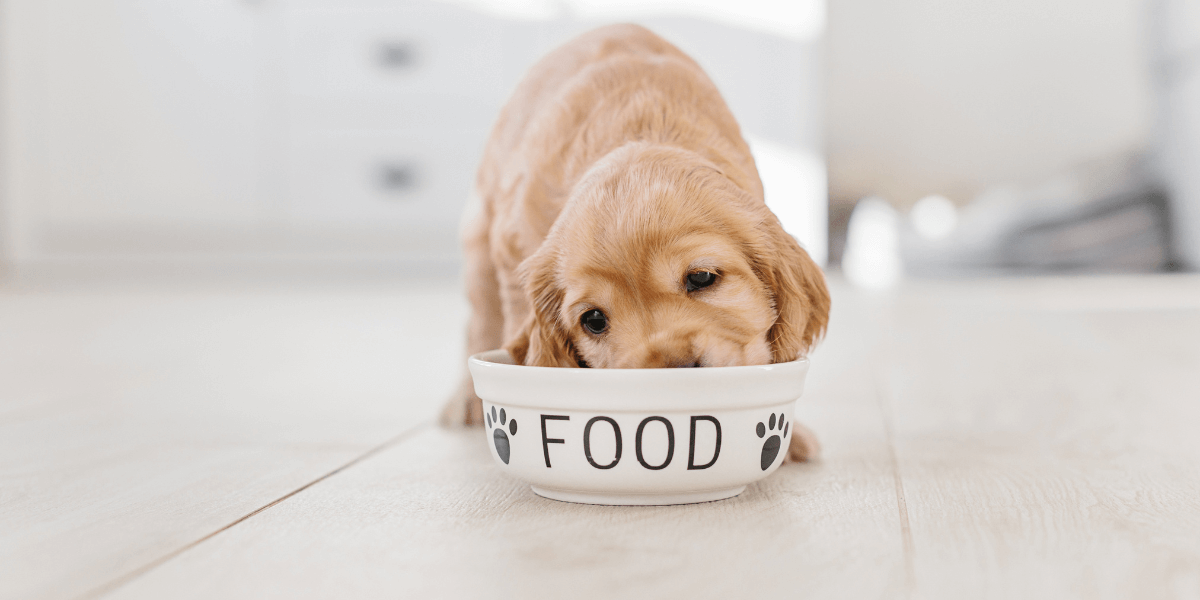
The Best Diet for English Cocker Spaniel involves various food types to meet needs.
- Dry kibble: Provides balanced nutrition and helps with dental health
- Wet food: Often more palatable and can help with hydration
- Raw food: Mimics natural diet but requires careful handling and balance
- Homemade food: Allows control over ingredients but needs to be nutritionally balanced
- Specialty diets: Formulated for specific health needs like allergies or weight control
- High-protein diets: Beneficial for active and working dogs
- Grain-free options: Suitable for dogs with grain allergies or sensitivities
3. Age-Specific Diets
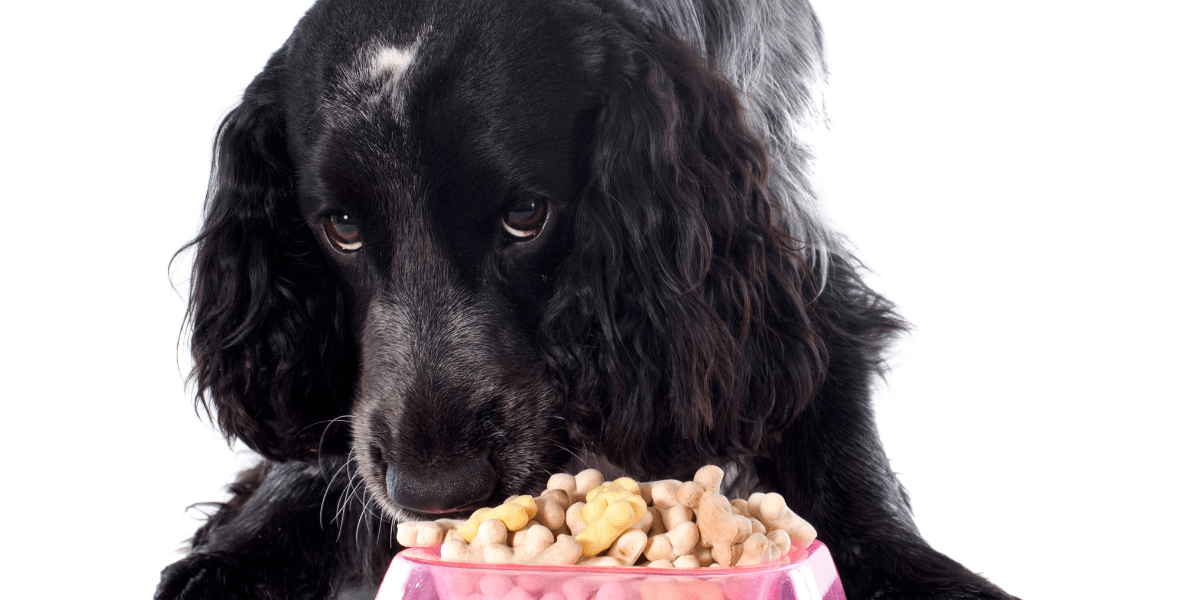
English Cocker Spaniels have different dietary requirements at various life stages.
- Puppy: Requires higher protein and calorie intake for growth and development
- Adult: Needs a balanced diet to maintain health and prevent obesity
- Senior: Lower calories and joint-supporting nutrients are crucial
- Pregnant: Increased calories and specific nutrients for maternal and puppy health
- Lactating: High-calorie, nutrient-dense food to support milk production
- Active: More calories and protein for high energy levels
- Less active: Reduced calories to prevent weight gain
4. Common Dietary Issues

Addressing common dietary issues can help keep English Cocker Spaniels healthy.
- Obesity: Monitor calorie intake and adjust portions as needed
- Allergies: Identify and avoid allergens through diet or hypoallergenic foods
- Digestive problems: Choose easily digestible foods and avoid abrupt diet changes
- Skin issues: Include omega fatty acids to improve skin and coat health
- Joint problems: Supplement with glucosamine and chondroitin for joint health
- Dental health: Provide crunchy kibble to help reduce plaque build-up
- Sensitive stomach: Opt for high-quality, hypoallergenic food
Learn how to prevent and manage hip dysplasia in Great Danes to keep your dog active and healthy.
5. Portion Control and Feeding Schedules
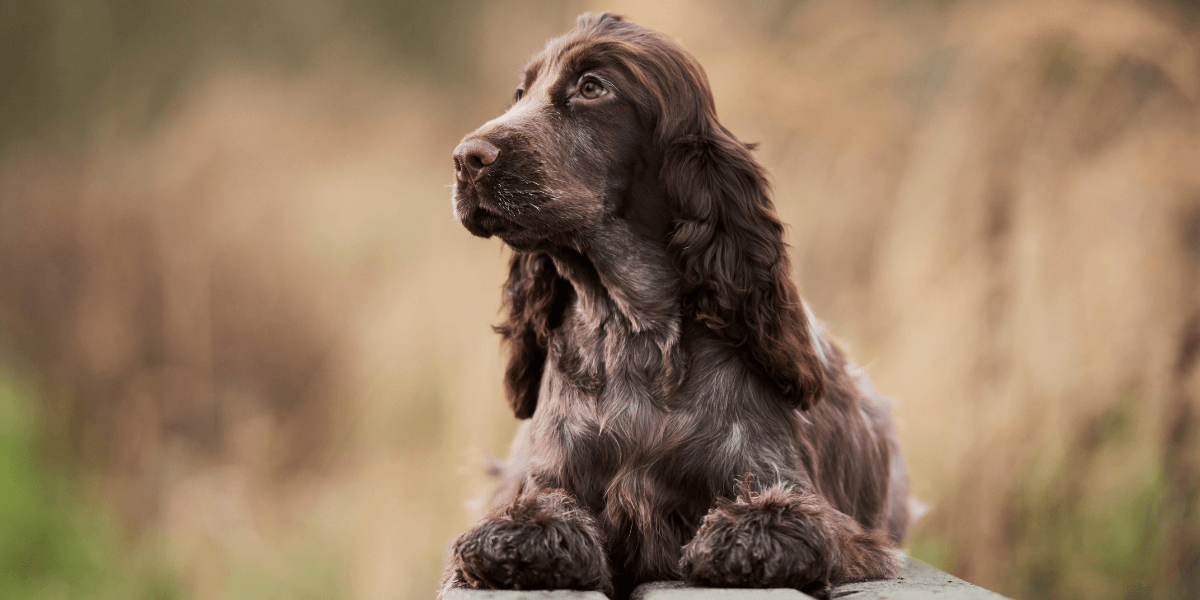
Proper portion control and feeding schedules are key to maintaining a healthy weight.
- Portion size: Follow feeding guidelines based on your dog’s size and activity level
- Meal frequency: Feed adult dogs twice a day for balanced energy levels
- Consistency: Maintain a regular feeding schedule to avoid digestive issues
- Treats: Limit treats to no more than 10% of their daily caloric intake
- Monitoring weight: Regularly check their weight and adjust portions accordingly
- Feeding routine: Stick to a consistent routine to aid digestion and health
- Hydration: Always provide fresh water alongside meals
6. Choosing Quality Dog Food
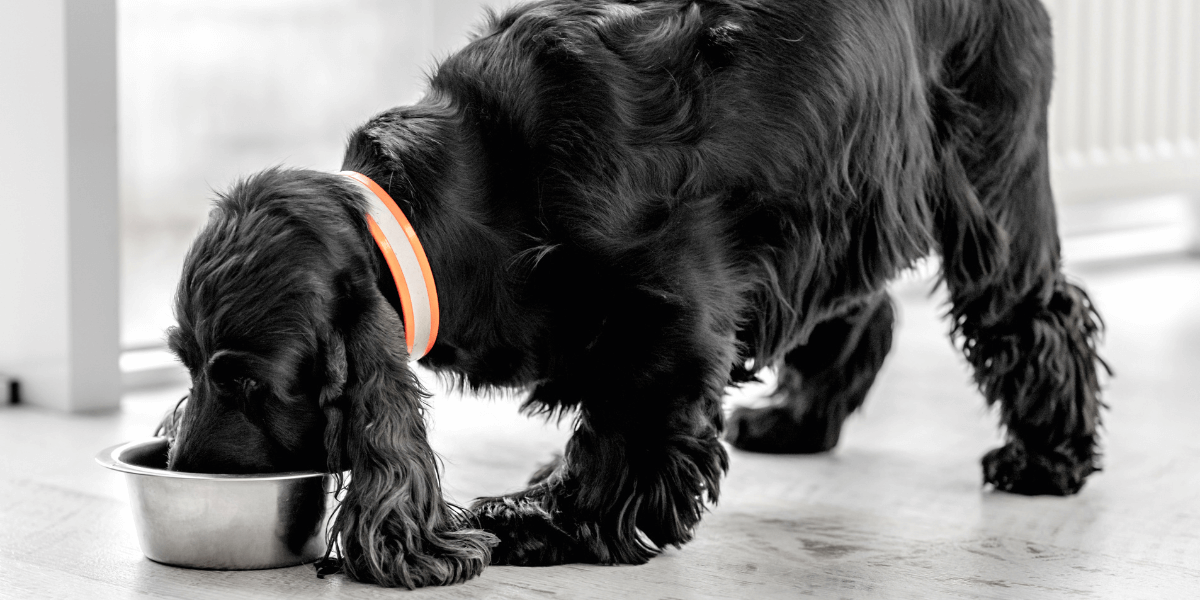
Choose high-quality, whole ingredients for the best English Cocker Spaniel diet.
- Ingredients: Look for whole food ingredients and avoid fillers and by-products
- Brand reputation: Choose brands with a history of quality and positive reviews
- AAFCO approval: Ensure the food meets the standards set by the AAFCO
- Nutritional balance: Check for a balance of proteins, fats, and carbohydrates
- No artificial additives: Avoid foods with artificial colors, flavors, or preservatives
- Veterinary recommendations: Consult your vet for advice on the best food options
- Feeding trials: Opt for foods that have undergone feeding trials for safety and efficacy
Explore the best foods and supplements for Great Danes to ensure optimal nutrition and well-being.
7. Transitioning to a New Diet
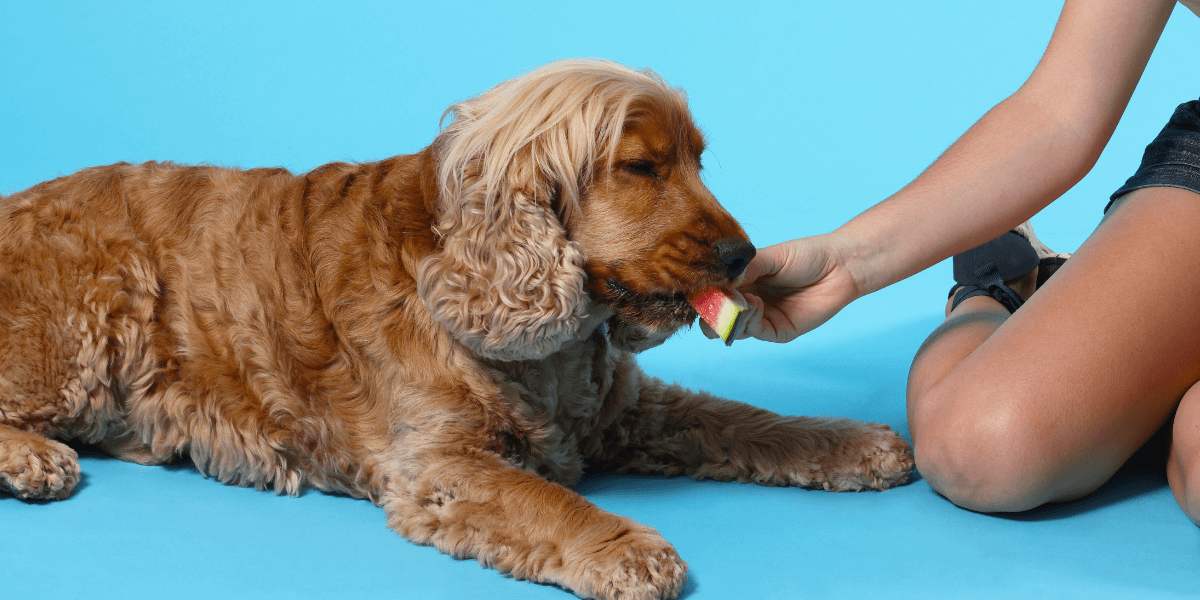
Transitioning to a new diet properly prevents digestive issues and ensures acceptance.
- Gradual change: Mix the new food with the current food for 7-10 days
- Monitor reactions: Watch for any adverse reactions or allergies during the transition
- Adjust portions: Gradually adjust portion sizes as you transition to the new food
- Consult vet: Seek veterinary advice if you have concerns about the new diet
- Consistency: Stick to the new diet once the transition is complete
- Hydration: Ensure your dog has ample fresh water throughout the transition
- Quality check: Ensure the new food meets your dog's nutritional needs
Discover top tips for raising a healthy Great Dane puppy and set your companion up for success.
FAQs
1. What should I feed my English Cocker Spaniel puppy?
- Feed them high-quality puppy food with higher protein and calorie content
2. How often should I feed my adult English Cocker Spaniel?
- Feed adult dogs twice a day for balanced energy levels and digestion
3. What are common allergens for English Cocker Spaniels?
- Common allergens include grains, beef, chicken, and dairy products
4. How can I tell if my English Cocker Spaniel is overweight?
- Check for visible ribs and a defined waist; consult your vet for weight assessment
5. Can I give my English Cocker Spaniel human food?
- Avoid human food, as it may not meet their nutritional needs and could be harmful
6. How can I improve my English Cocker Spaniel’s coat health?
- Add omega fatty acids and quality protein to the Best Diet for English Cocker Spaniel
7. Is it okay to switch dog foods often?
- It’s best to avoid frequent changes; transition gradually if you need to switch
Conclusion
- The Best Diet for English Cocker Spaniel is essential for their health and well-being
- Focus on balanced nutrition tailored to their age, activity level, and health conditions
- Select high-quality food with natural ingredients, avoiding fillers and additives
- Monitor their weight and adjust portions to maintain a healthy weight
- Transition to new foods gradually to prevent digestive issues
- Consult with your vet for personalized dietary advice and recommendations
Found this Best Diet for English Cocker Spaniel useful? Share your thoughts!
References
For more information on the Best Diet for English Cocker Spaniel, check out:



